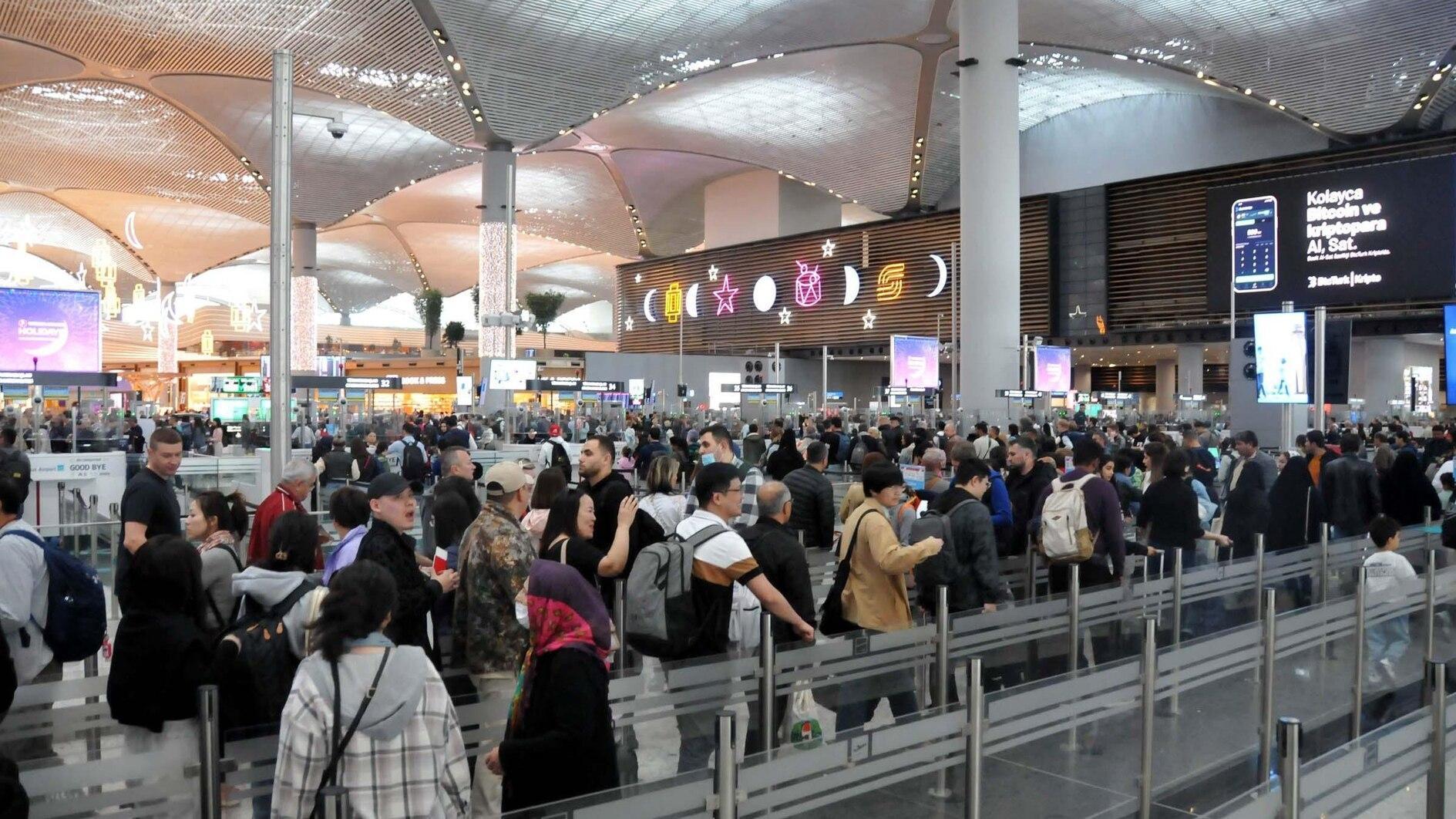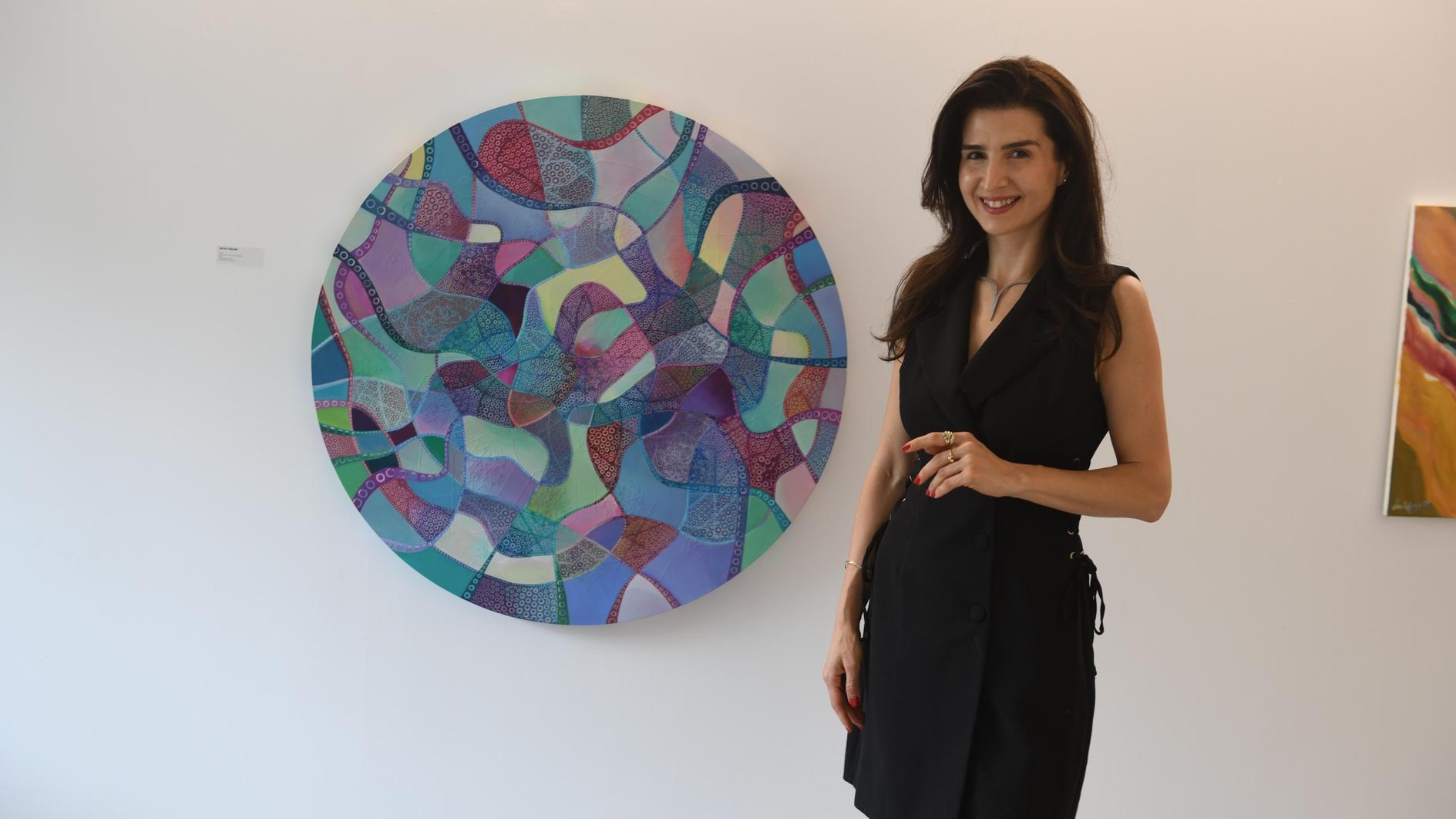Erdoğan’s strategy
If Prime Minister Recep Tayyip Erdoğan wants to become president in two years time, but also wants the Justice and Development Party (AKP) to escape the fate of the Motherland and True Path Parties, which vanished from the political scene after their leaders elevated themselves to the presidency, he had no other option: He definitely needed to avoid leaving the party to a number two or a caretaker, but needed to place it in the hands of a real number one, a really credible political successor.
Erdoğan has already begun to make efforts to shape the public to accept a president who also acts like a party leader. Unlike former President Süleyman Demirel, who declared after becoming president he would not place two melons under his arm and severed his ties with his party, Erdoğan wants to have all three: the presidency, the government and the party. That was what he openly said when he said Turks should accept a party leader president.
So which is correct? Is Erdoğan indeed seeking to become a president who is at the same time the head of the government and the leader of the ruling party? Or, is he after a formula that will save the AKP from the fate of the Motherland and True Path Parties after their leaders become president? These two cannot go together. What is he after?
For a long time a scenario was circulating, according to which after his elevation to the presidency Erdoğan’s first candidate as his successor in party leadership and the prime ministry would be Ahmet Davutoğlu. The second-strongest candidate was seen to be Ali Babacan, with Numan Kurtulmuş coming third on the list.
Now, should observers consider Erdoğan’s invitation to Kurtulmuş to join the AKP as an indication that the prime minister has given up his “party leader president” utopia, conceded to reality and agreed to bring a real leader to the helm of the party and the government? Has he indeed given up the hope that he cannot continue with Davutoğlu or Babacan or any such second-rate politician, and realized that he needs a charismatic successor who can energize the masses with his political vision? In any event if that was not the meaning of the invitation, and Kurtulmuş still accepts and joins the AKP in return for a junior seat or some promotional delicacies, that will be his political demise. After all, wasn’t Kurtulmuş the fiercest critic of the AKP’s abandonment of Islamic teachings of modesty and becoming extravagant with public resources?
Semantics and symbolism are important for all of the peoples of this very culturally rich geography. What might be the significance of Erdoğan’s choice of the prime ministry as the setting for his meeting with Kurtulmuş to invite him and his People’s Voice Party (HAS) to join the AKP, while he preferred the party offices when he invited Republican People’s Party leader Kemal Klıçdaroğlu or Ahmet Türk to discuss current political issues, the Kurdish issue and matters related to governance? As painful as it might be for Davutoğlu, Babacan and the rest of the AKP leadership and prime ministry aspirants, the message was clear as regards post-Erdoğan party politics and governance.
If some other supporting characters, such as Süleyman Soylu, are also invited to join the AKP in the weeks and months ahead before the ruling party’s fall convention, Erdoğan’s strategy may become all the more clear.











